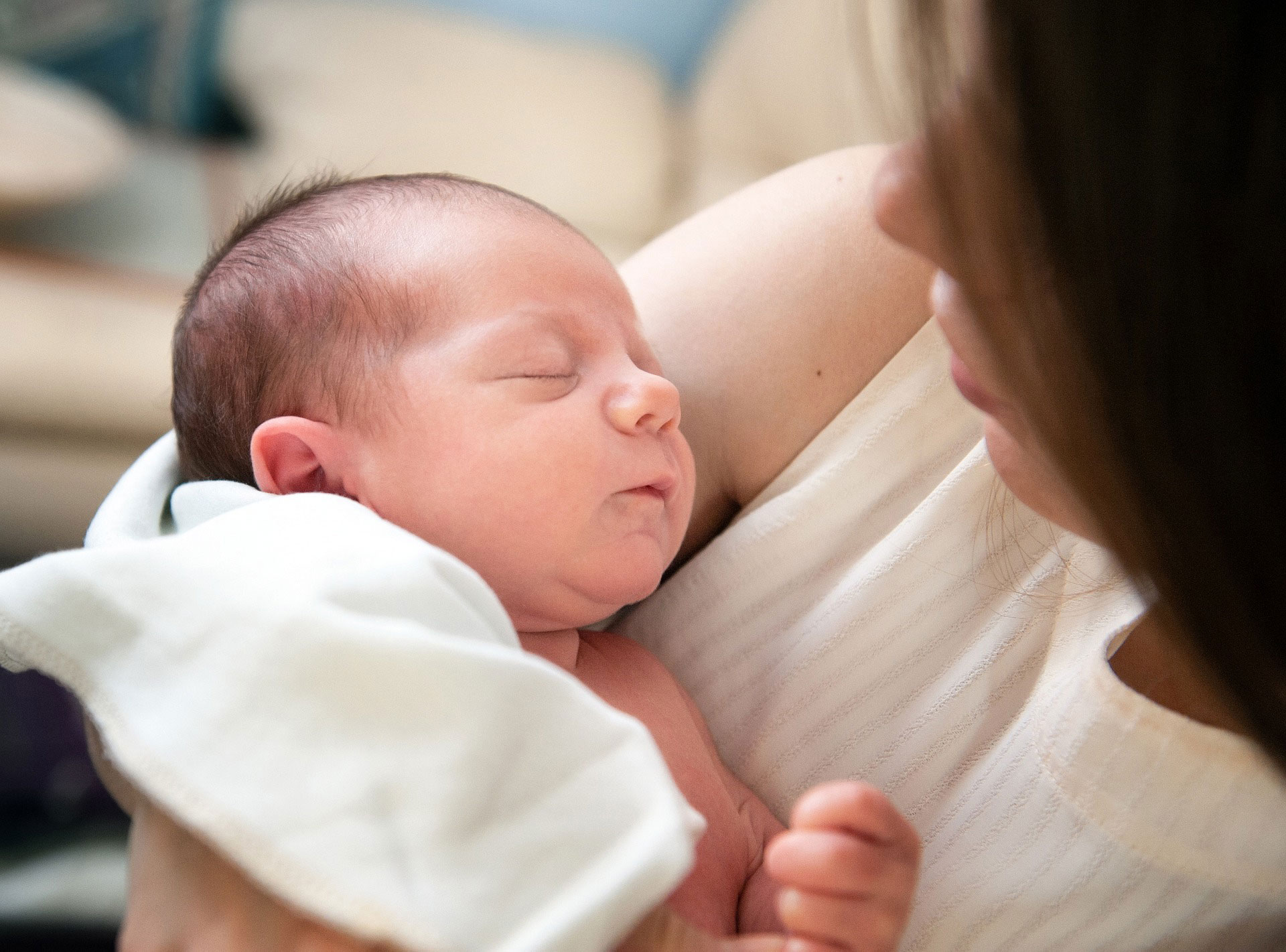Heat is among the greatest climate risks we can expect to face in the coming decades. Groups particularly vulnerable to high temperatures include pregnant women and those who have recently given birth, infants and children. Previous studies have shown that extreme heat during pregnancy significantly increases the risk of stillbirth and the likelihood of preterm birth. The EU project "HIGH Horizons – Heat Indicators for Global Health", which has just started, is investigating for Europe and sub-Saharan Africa how heat affects the health of the aforementioned groups and how they can be protected. One of the ten project partners is the University of Graz.
Living space, nutritional situation, health care – these and many other factors play a role in the extent to which extreme temperatures endanger mothers, newborns and children. Social scientist Ilona M. Otto from the Wegener Center at the University of Graz and her team are identifying relevant environmental, health and socio-economic factors. From the analysis of data, the researchers investigate the consequences of heat stress and what these mean for society. "Based on our results, we will propose indicators to monitor the impact of climate change on the population, with the aim of enabling cost-effective solutions to adapt and mitigate the risk," Ilona M. Otto summarises.
These solutions will be developed locally in each case, in cooperation with local stakeholders and communities, and will include early warning systems for pregnant women and health workers, adaptation strategies to reduce heat in health facilities, and options to reduce carbon emissions in these institutions.
>> more information about the “HIGH Horizons” project
